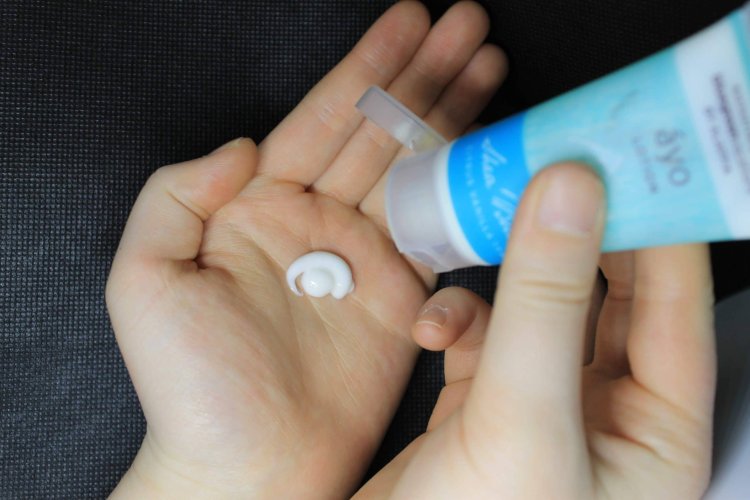Everything you need to know about peptides

Every day, it seems, a new skin care component emerges, promising to transform the complexion for the better, according to skin specialists and beauty influencers. Peptides have been appearing on that list of cosmetic discoveries more and more recently. Peptides are present in the skin naturally, but they're also in a lot of skin care products, and for good reason.Peptides are amino acids that are used to make particular proteins that the skin requires. Collagen is one of them, and because it is made up of three polypeptide chains, adding peptides to the skin can increase collagen production. Our bodies naturally create collagen, but its production declines over time, causing wrinkles and a lifeless appearance to the skin. This is where peptides come in, since they can increase collagen formation and so delay the onset of aging indications.
How do peptides affect the skin?
Incorporating peptides into your everyday skin care regimen has several advantages. Peptides can permeate the skin's outer layer, allowing them to reach deeper levels. Signal peptides are peptides that are administered to the skin in the form of a cream or serum and deliver signals to cells telling them to generate collagen and elastin where we need it the most. Aside from this type of peptide, there are a number of others that play an important function in skin care. Enzyme inhibitor peptides help to prevent the natural degradation of collagen in the skin, while carrier peptides transfer trace minerals to the skin to enhance collagen. Neurotransmitter peptides reduce wrinkles by blocking the release of substances that trigger face muscle spasms.
Improved natural skin barrier
The most exposed portion of the body to external forces is the face, and the natural barrier that protects it is the first line of protection. On a regular basis, the face is exposed to microorganisms, UV radiation, pollution, and other poisons. After the age of 30, the skin barrier begins to show signs of wear and tear, and its protective function deteriorates. Peptides aid in the formation and maintenance of the skin barrier.
Reduced wrinkles and more elastic skin
Peptides alter the fullness and sharpness of face skin by promoting collagen synthesis, and when the skin is firmer and fuller, wrinkles and fine lines are less evident. Peptides, in addition to collagen, help to form elastin fibers, which are a kind of protein. The skin becomes firmer and tighter as a result of these fibers.




























